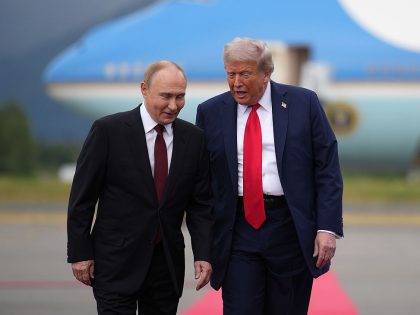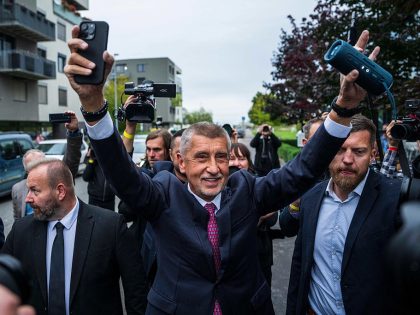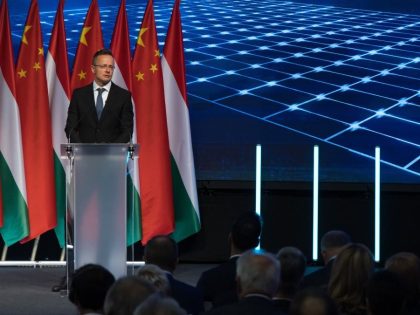
Ireland Should Resist the Pressure to Join the Western Military Bloc
Ireland’s neutrality policy has a complex history, but it has blocked Irish participation in disastrous wars and enabled some positive interventions in world affairs. We should resist pressure to scrap neutrality, whether or not it means formally joining NATO.


















